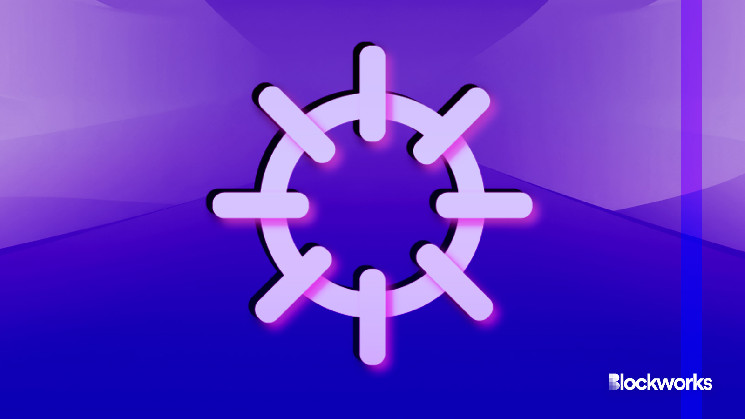
Nirvana Labs is debuting its Nirvana Cloud computing service meant to work specifically with blockchain workloads.
CEO Dan Burke told Blockworks that the startup raised $1.7 million in pre-seed funding, and counts blockchain platforms like Chainlink and Avalanche as clients.
According to Burke, the company is hoping to lure Web3 projects away from more general purpose cloud providers like Amazon Web Services (AWS) and Google Cloud, which are widely used across many industries, including the crypto space. But Nirvana is not building a decentralized computing platform, a la Golem, nor a decentralized storage solution like IPFS. Rather, it’s taking the centralized status quo and specializing it for Web3.
Read more: Researchers use blockchain network to simulate the dawn of life on Earth
AWS and Google Cloud provide public cloud services that enable the purchase of resources such as servers and storage via the internet. This arrangement is often cost-effective, as it eliminates the need for companies to maintain their own physical hardware. Blockchain applications tend to be compute-intensive though, which drives up the costs Web3 that companies are paying to public cloud providers.
Crypto is big business for Amazon in particular, which hosts 35% of all Ethereum nodes, according to the website ethernodes.
Nirvana Cloud says it can offer much reduced costs and better efficiency for blockchain workloads compared to AWS by doing away with unnecessary virtualization.
In computing, virtualization allows for the creation of virtual machines (VMs) that operate independently from their underlying physical hardware. This essentially turns one physical computer into many virtual ones, allowing each to run its own tasks as if it were a separate machine. In short, virtualization makes it possible to run many different applications and processes without needing multiple physical computers.
This lets cloud service providers offer a more efficient and flexible service to customers.
But traditional services like AWS and Google Cloud, while versatile, often adopt a general-purpose approach that may not be as cost or resource-efficient for specific applications, like the energy-intensive ones found in Web3.
Read more: Cloud computing is operated by an anti-competitive oligopoly, says Osuri
Nirvana Labs addresses this by reducing the virtualization layer. It slims down the middleman software and focuses its hardware on the specific needs of Web3 technologies, like cryptocurrency transactions or smart contracts. The result is a setup that’s not just faster and more reliable for these tasks, but also more cost-effective.
A Nirvana Labs document reviewed by Blockworks suggests that, for a setup with two virtual CPUs and 8 gigabytes of RAM, Nirvana Cloud costs about 19.5% less than AWS and 26.91% less than Google Cloud Platform per month.
According to the company, Nirvana Cloud distinguishes itself by offering a “bare metal” cloud service. Unlike typical cloud environments where server resources are shared among multiple consumers, each Nirvana server is dedicated to a single client. This approach, where hardware resources are not pooled, is meant to ensure superior performance for computation-heavy tasks, like blockchain validation, by maximizing the efficiency and reliability of the service.
Read more: Google Cloud eyes more involvement in fast-evolving Web3 segment
However, some would argue that solutions like Nirvana’s don’t go far enough — and that computing resources will always be a risk for crypto unless the base layer is decentralized.
“We have decentralized payments. We have decentralized storage. We have to have decentralized compute or else this whole decentralized world isn’t really decentralized,” Tom Trowbridge, co-founder of decentralized computing platform Fluence, said.
But in the interim, increased scrutiny on the cloud layer couldn’t hurt. Burke said that the Web3 development world often doesn’t think enough about what’s happening at the tech’s layer zero.
He jokingly added, “I mean, we have a company in the space called LayerZero that’s literally built on Google Cloud.”
